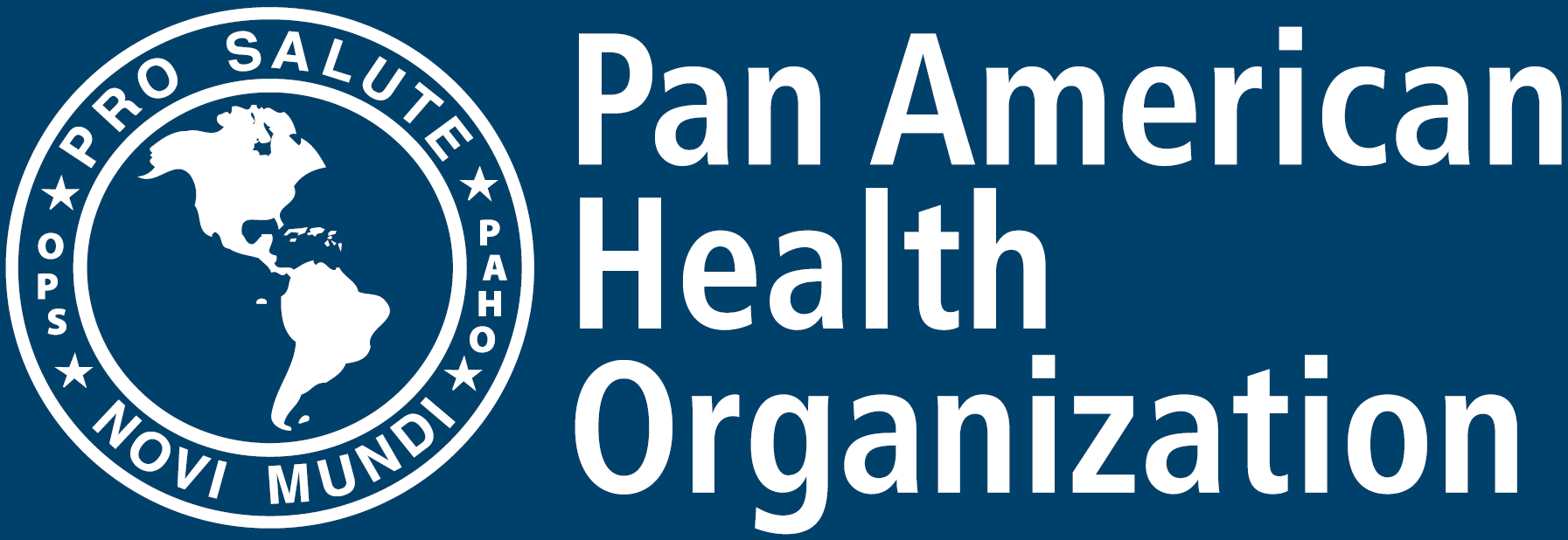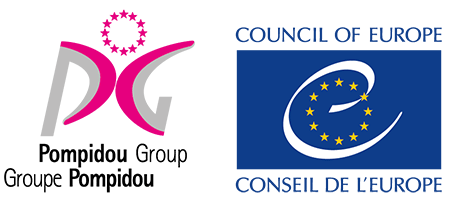Initiative that builds and strengthens the institutional capacity to address the Fentanyl problem and other emerging to new psychoactive substances (NPS) in the countries. Fentanyl and other NPS are the most common drugs involved in overdose deaths. It is often added to other drugs because of its extreme potency, which makes drugs cheaper, more powerful, more addictive, and more dangerous.
This initiative seeks to reduce deaths, health consequences, violence, and other related issues to Fentanyl and other NPS by strengthening and coordinating institutional strategies to provide an effective response through inter-agency coordination, strategic planning of interventions, and referrals to services and programs.
The methodology supports the development of comprehensive and effective strategies and interagency coordination models to institutionally respond to the problem at global, regional, and national levels.
ES-CICAD/OAS has supported countries in formulating strategies, models, and mechanisms at regional, national, and subnational levels to coordinate and implement actions and interventions to address drug-related problems.
Recent projects focused on:
Relevant tools and publications:
- “How to Develop a National Drug Policy” A Guide for Policymakers, Practitioners, and Stakeholders. Available in English and Spanish. Upcoming in French and Portuguese (in 2024).
- Universal Training Curriculum for National Drug Strategies (UC-NDS). Available in English and Spanish. Upcoming in French (in 2024).
- Online course Universal Treatment Curriculum (UTC) for health care professionals in Hispanic American countries.
- Conducting a country gap and institutional response analysis: landscape of the problem, stakeholders mapping, recourses mapping (available services, programs, interventions) on drug supply and demand reduction, training needs, coordination mechanisms needed, etc.
- Organizing two-day in-country meeting: stakeholder engagement and strategic planning.
- Training on defining strategies, models, and coordination mechanisms with stakeholders (government agencies, civil society, etc.).
- Generating interagency protocols between law enforcement, justice, health, education, social services, community, and civil society.
- Delivering technical assistance and guidelines on defining and implementing comprehensive and interagency strategies and models and adapting protocols/guidelines to country needs that gather all stakeholders and provide an articulated and effective response to address the Fentanyl and other NPS problem.
- Delivering technical assistance on reviewing the draft versions of strategies, models, and mechanisms and providing recommendations for their improvement.
- Delivering training to health workforce to address the health consequences of NPS use in the population, managing integral interventions from a public health perspective.
- Reviewing any applicable framework/regulation regulations to control accessibility to NPS.
- Build national, global, and regional institutional capacity to best respond to NPS.
- Improvement of standardized strategic approaches.
- Strengthen the transnational coordination.
- Increased dialog and interagency coordination between National Drug Commissions and stakeholders to respond to the Fentanyl and other NPS, as measured by the number of coordination meetings held, coordination mechanisms implemented, and MOUs signed/revised/or updated by country.
- Increased knowledge and skills of drug policymakers in National Drug Commissions and stakeholders in the development of strategies, models, and mechanisms, as measured by pre- and post-test exams and knowledge demonstration by trainees. #New initiative. Countries are welcome to apply.
For the Americas: Antonio Lomba, Unit Chief, Institutional Strengthening, Executive Secretariat of the Inter-American Drug Abuse Control Commission of the Organization of American States (ES-CICAD/OAS), alomba [at] oas [dot] org (alomba[at]oas[dot]org)




